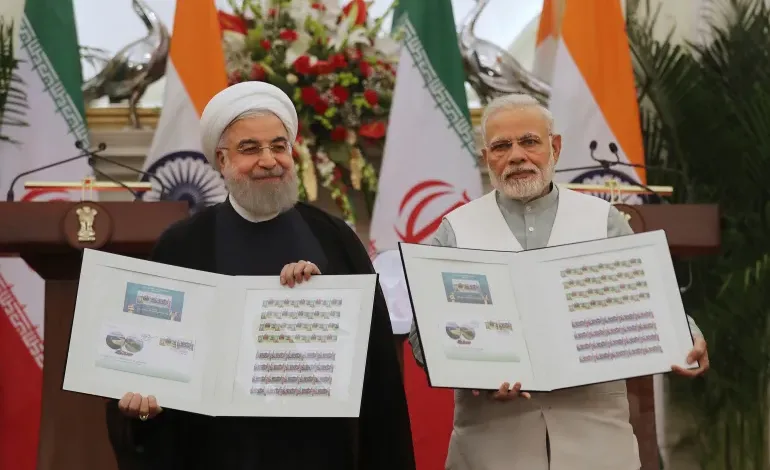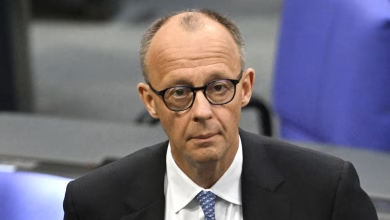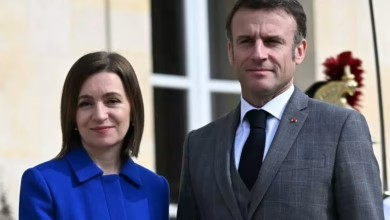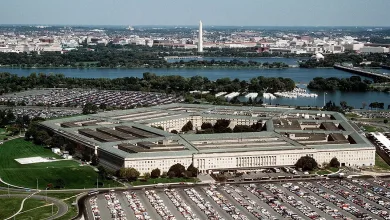India Hits Back After Iranian Leader’s Criticism of Muslim Treatment

- India’s law grants citizenship to non-Muslim refugees, criticized as “anti-Muslim
- Iran accused of discriminating against Kurds and Baluchs.
- UN report details Tehran’s crackdown on minorities.
India has criticized Iranian Supreme Leader Ali Khamenei’s remarks about its treatment of Muslims. The Ministry of External Affairs called Khamenei’s comments, made in a post on X, “misinformed and unacceptable.” Despite generally positive relations between India and Iran, India’s Hindu nationalist government has faced past disagreements over its approach to minority groups.
India’s statement advised countries commenting on minority issues to reflect on their own records first. This response followed Iranian Supreme Leader Ali Khamenei’s social media post, which stated, “We cannot consider ourselves to be Muslims if we are oblivious to the suffering that a Muslim is enduring in Myanmar, Gaza, India, or any other place.”
India and Iran generally maintain a strong relationship, highlighted by their robust economic ties. In May, they agreed on a 10-year contract to develop and operate the Iranian port of Chabahar on Iran’s southeastern coast. India is developing Chabahar to facilitate exports to Iran, Afghanistan, and Central Asia, providing an alternative to the ports of Karachi and Gwadar in rival Pakistan.
Khamenei has previously criticized India over issues affecting Muslims, including the conflict in Kashmir. Human rights groups have reported increased mistreatment of Muslims since Prime Minister Narendra Modi’s tenure began in 2014. Under Modi, attacks on Muslims, hate speech, and mob lynchings—often under the guise of protecting cows, which are sacred to some Hindus—have risen. Additionally, there have been demolitions of homes and properties. In March, the Indian government also introduced rules for the Citizenship Amendment Act, a contentious law that facilitates Indian citizenship for non-Muslim refugees from neighboring countries.
The law grants Indian citizenship to Hindus, Parsis, Sikhs, Buddhists, Jains, and Christians who fled to Hindu-majority India from predominantly Muslim Afghanistan, Bangladesh, and Pakistan before December 31, 2014. Rights groups have labeled the law “anti-Muslim” for excluding Muslim refugees, raising concerns about the secular nature of India, the world’s largest democracy.
Critics also accuse Iran of discrimination against minorities. A recent UN report highlighted that ethnic and religious minorities, particularly Kurds and Baluchs, have been disproportionately affected by Tehran’s crackdown following mass protests in 2022.






